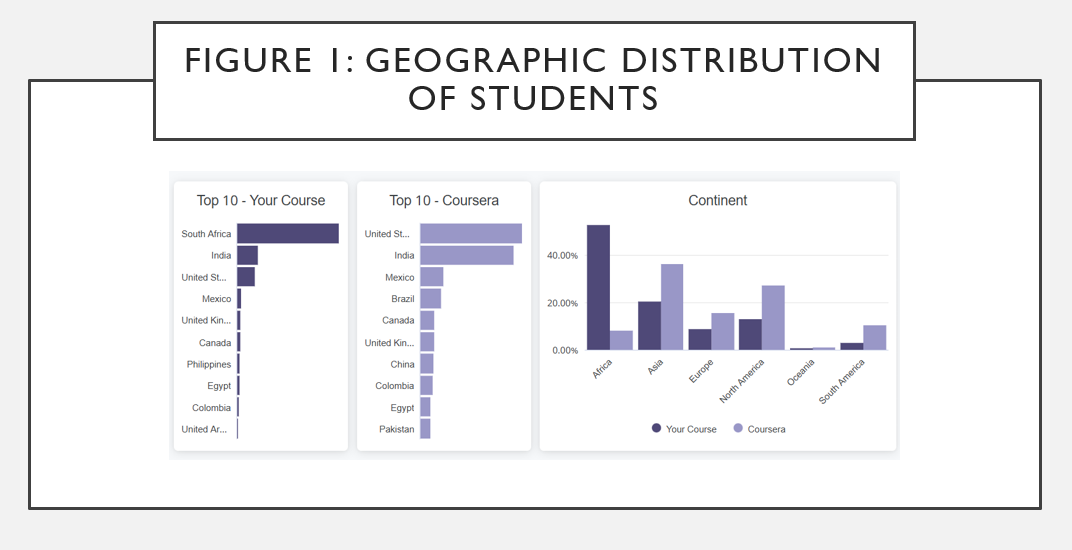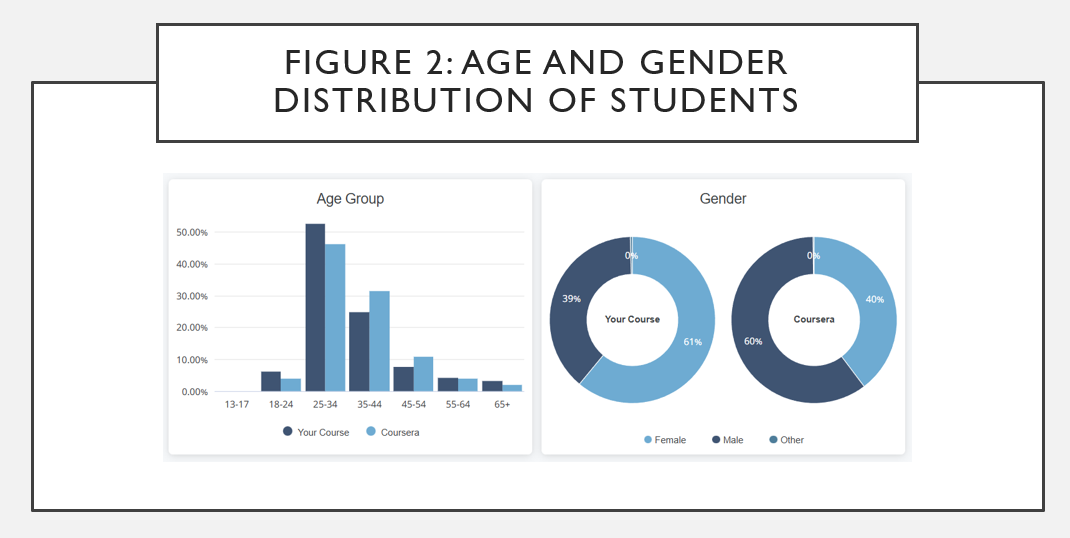Teaching organ donation - An 8-year experience of a massive open online course
David Thomson1, Brian Pandaram5, Timothy Hardcastle3, Olukayode Adeleke2, Martin Brand4, Kiera Noel7.
1Department of Anaesthesia and Peri-operative Medicine, Division of Critical Care, University of Cape Town, Cape Town, South Africa; 2Department of Family Medicine and Rural Health, Walter Sisulu University, Mthatha, South Africa; 3 Department of Surgery, University of KwaZulu-Natal, Durban, South Africa; 4Department of Surgery, University of Pretoria, Pretoria, South Africa; 5Department of Neurosurgery, Sefako Makgatho Health Sciences University, Ga-Rankuwa, South Africa; 6Department of Surgery, University of the Free State, Bloemfontein, South Africa; 7Department of Surgery, University of the Free State, Bloemfontein, South Africa
Introduction: Comprehensive education is needed of all doctors who might one day be relied upon to identify, refer, and manage potential donors while comforting a grieving family. Online education platforms offer a method of teaching medical professionals and the public on a large scale about deceased organ donation best practices. Developing countries have insufficient resources to educate health professionals in the skills to identify potential organ donors and counsel their families. We describe the 8-year demographic and geographic profile and perceptions of participants who completed a MOOC on organ donation offered by an African university via a global platform.
Methods: An 8-year review of the massive open online course Organ Donation: From Death to Life since its launch is July 2017 was done using the Coursera analytics platform. Local uptake in South African Universities was also reviewed.
Results: A total of 15 948 people enrolled in the course over the 8-year period. Of these 11 586 started the course and 8 167 completed the course. An average star rating of 4.8 / 5 was attained from 1021 reviews with 84% giving the course a 5 star rating.The majority of students 52% were between the ages of 25-34 with 61% being female. The majority of participants were from Africa (53%) followed by Asia (20.5%), North America (13.1%) and Europe (9.1%). While 39% of participants were fulltime students 52% were not and 9% were part-time students. Average monthly learners hit a peak of 433 learners in the 3rd month of the COVID-19 pandemic. Only 2% of enrollments paid the optional course fee.


Only 5 of 9 South African universities (University of Cape Town, University of the Free State, Walter Sisulu University, Sefako Makgatho Health Sciences University and University of Pretoria) had formally included the online educational resource into their undergraduate curricula, all with an individual local educator driving the course.
Conclusion: Online education resources on aspects around end of life care and donation are well received. Local champions are needed at universities to run such a course and ensure we educate all our graduates on these important skills
[1] Organ donation
[2] Education
[3] Online
[4] Low and middle income
[5] Death determination